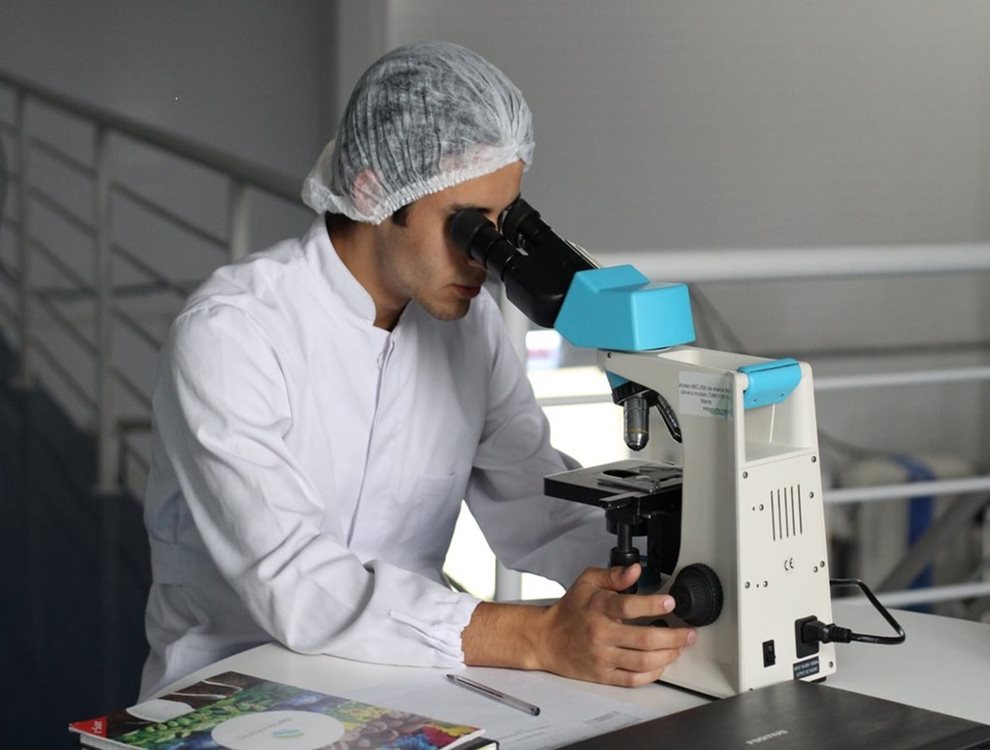The main objective of our research is to actively contribute to the objectives of the United Nations Conference on Environment and Development (Agenda 21, Rio de Janeiro, 1992), namely sustainable development. Within this context, “Information for Decision-making” (Chapter 40 of Agenda 21) is the focus of our research.
We extend the specialized knowledge base of environmental health science through scientific research in accordance with the highest standards - thereby staying at the forefront of environmental health information which enables us to effectively contribute to sustainable environmental health decision - making from both a local, regional, national and international perspective.
In details, the secondary objectives of our research aim to:
-
establish and maintain, in collaboration with internal and external stakeholders, our research focus area, namely “environmental health information for decision-making”;
-
empower our students by introducing them to the field of environmental health research and technology;
-
provide the necessary infrastructure and expertise to support and maintain all research related to our focus area;
-
develop and evaluate new environmental health technologies;
-
serve as a centre of excellence in environmental health research and information;
-
empower decision-makers and other stakeholders / role-players by sharing of research results, information and trends; and to
-
participate in co-operative research with other research institutions.
Research Focus areas:
-
Environmental pollution management
-
Children environmental health
-
Disaster management, and water quality management
-
Risk identification, assessment and management
-
Vector control and epidemiology
-
Nanotechnology and Environmental Health
-
Occupational Health and Safety
